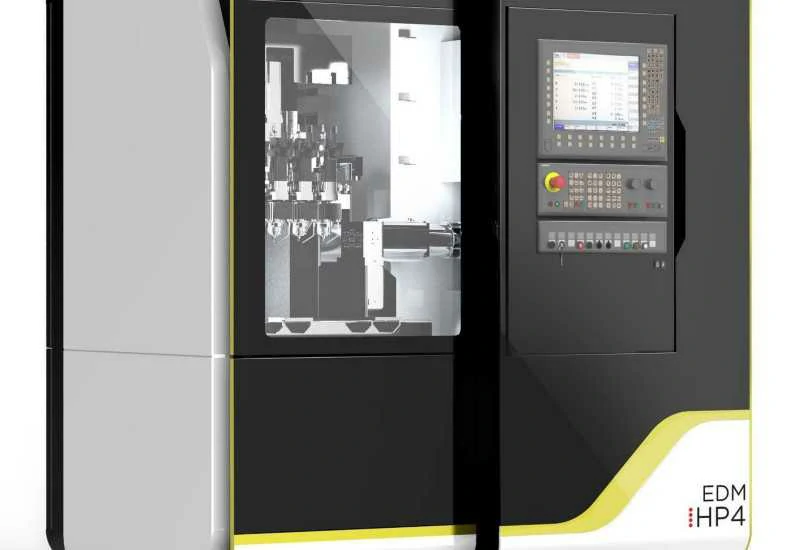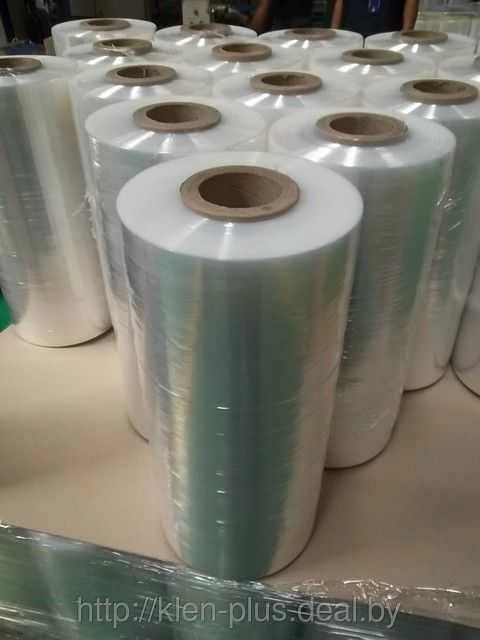Pump technology plays a significant role in environmental protection and sustainable development. With the growing concerns about climate change, pollution, and resource depletion, pumps have become indispensable in various sectors to mitigate environmental impacts and support sustainable practices. This article discusses the contribution of pump technology in promoting environmental protection and achieving sustainable development goals.

1. Water Management and Conservation

One of the key areas where pump technology contributes to environmental protection is water management and conservation. Pumps are widely used in water treatment plants, wastewater treatment facilities, and irrigation systems. They help in efficiently collecting, treating, and distributing water resources, reducing wastage, and ensuring access to clean water for both domestic and industrial use.
Pumps also play a crucial role in managing stormwater and preventing flooding in urban areas. Through effective drainage systems, pumps help remove excess water from streets, basements, and other low-lying areas, reducing the risk of property damage and public health hazards.
2. Renewable Energy Generation
Pumps are vital components in renewable energy generation systems, such as hydropower and geothermal power plants. Hydropower plants harness the energy of flowing or falling water to generate electricity. Pumps are used to control the flow of water, ensuring optimal power generation. Geothermal power plants utilize heat from the Earth’s core to produce electricity, and pumps are employed to circulate the geothermal fluid through the system.
Furthermore, pump technology enables the efficient extraction and utilization of natural resources, such as wind and solar power. Pumps are employed in wind turbines to control blade pitch, facilitate lubrication, and cool the system. In solar power plants, pumps are utilized to circulate heat transfer fluids and maintain optimal operating temperatures.
3. Industrial Applications
Pump technology contributes to sustainable development by improving energy efficiency and reducing environmental impacts in various industrial applications. Industrial processes often require the movement of fluids, such as chemicals, petroleum, and gases. Pumps facilitate the transportation, mixing, and storage of these substances, enabling industries to operate efficiently.

Moreover, pumps are utilized in the manufacturing of products and materials. For instance, in the pulp and paper industry, pumps are used for pulp washing, bleaching, and water circulation. In the food and beverage industry, pumps are employed for liquid processing, filtration, and packaging.
4. Waste Management
Pumps play a crucial role in waste management systems, helping to handle and treat different types of waste efficiently. They are instrumental in transporting solid waste, sewage, and hazardous materials, minimizing the risk of contamination and pollution.
In wastewater treatment plants, pumps are used to transfer raw sewage to treatment units and facilitate the removal of contaminants. They also aid in the circulation of wastewater during biological and chemical treatment processes. Additionally, pumps are employed in landfill leachate management systems to prevent the leakage of harmful substances into the environment.
5. Agriculture and Food Production
Pumps are essential in agriculture and food production, supporting sustainable farming practices and ensuring food security. They are widely used in irrigation systems, helping deliver water efficiently to crops, thus optimizing water usage and conserving this precious resource.
Pumps are also utilized in livestock farming, assisting with water supply, ventilation, and waste management systems. They contribute to the sustainability of aquaculture by maintaining appropriate water quality and facilitating wastewater treatment.
In food processing facilities, pumps are instrumental in various stages of production, such as material handling, mixing, and bottling. They help minimize product loss, improve process efficiency, and ensure food safety.
Conclusion
Pump technology plays a crucial role in environmental protection and sustainable development across multiple sectors. It enables efficient water management, renewable energy generation, waste management, and supports sustainable practices in industries, agriculture, and food production. By continuously improving pump efficiency and exploring innovative solutions, we can further enhance their contribution to achieving environmental sustainability goals.


